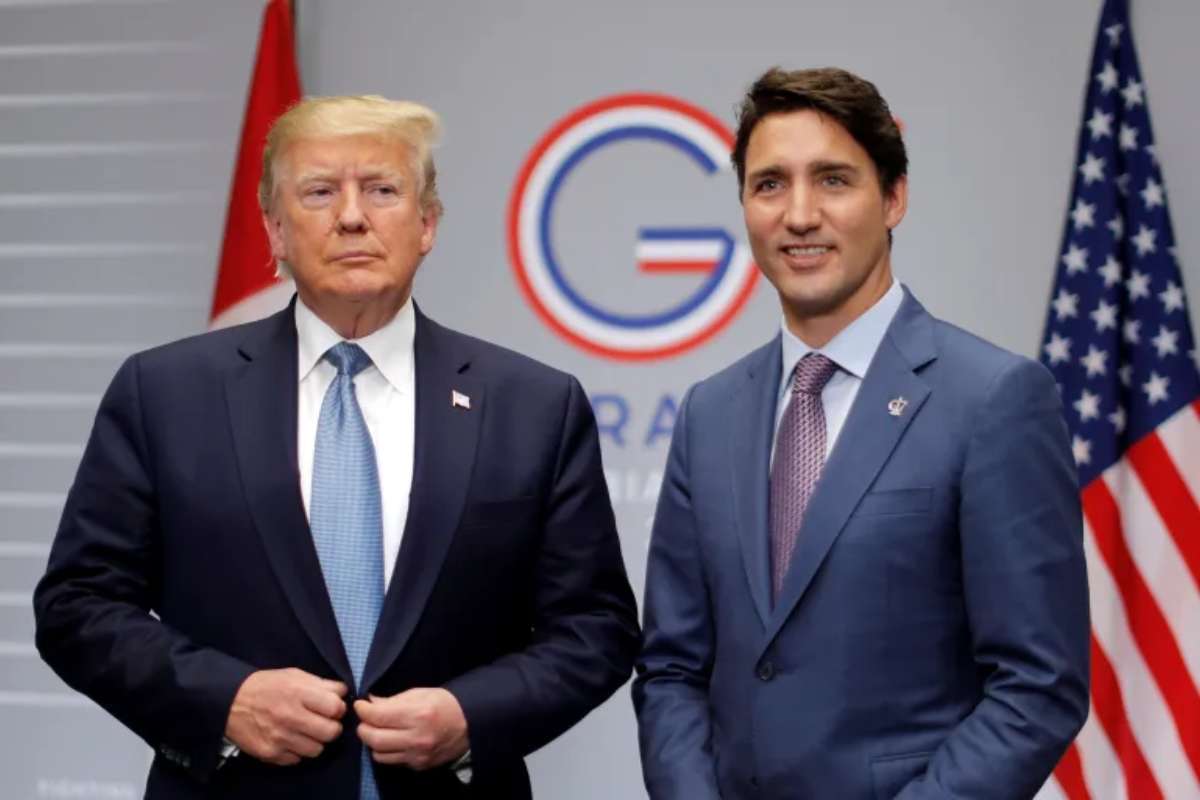President-elect Donald Trump continues to advocate for universal tariff policies on imports, as his trade advisers work to shape policies based on his campaign promises. Discussions within his team focus on implementing a 10% tariff on all imports and a steeper 60% levy on goods from China, while also considering adjustments to address political and economic factors.
Internal Deliberations on Tariff Implementation
Advisers are considering a strategy that could involve imposing tariffs on a selection of critical industries as a preliminary measure or alongside broader tariffs. This approach aims to emphasize trade imbalances and boost U.S. manufacturing. The policy framework remains under discussion, with no final decisions made.
Reports of a selective approach to tariffs have sparked responses from Trump himself. He publicly denied claims that his team was scaling back the initial tariff policy, emphasizing that the commitment to his proposed tariffs remains unchanged.
Economic Advisers’ Diverging Views
Trump’s economic team is divided over how to implement the tariffs without causing major disruptions to the stock market and consumer prices. Some advisers support a comprehensive tariff plan, while others favor a more calculated approach to avoid economic strain.
Scott Bessent, Trump’s pick for Treasury Secretary and a hedge fund investor, has reportedly expressed skepticism about universal tariff policies on all goods. Howard Lutnick, the nominee for Commerce Secretary, views tariffs as a potential negotiation tool rather than a blanket policy. Meanwhile, Larry Kudlow, a longtime Trump ally and former economic adviser, has suggested that tariffs could help balance the costs of proposed tax cuts.
Peter Navarro, known for his strong protectionist stance, remains one of the most vocal supporters of implementing tariffs, emphasizing their importance in trade policy.
Kushner Emphasizes Fair Trade Principles
Jared Kushner, Trump’s son-in-law who worked on international economic policy during the first term, has indicated that the tariff strategy may still require refinement. He suggested that Trump’s ultimate goal is a level playing field for American businesses rather than punitive measures alone. Kushner expressed confidence in American industry, stating that as long as all countries compete under the same standards, U.S. businesses could outperform global competitors.
Uncertain Path Forward
The debate mirrors ideological divisions from Trump’s first term, when officials like Steven Mnuchin and Gary Cohn opposed aggressive tariffs, fearing economic retaliation and recession. Trump’s current team faces similar challenges in balancing campaign promises with economic stability.
While Trump’s push for universal tariff policies remains central to his trade policy, the final structure and scope of the policy are still evolving. His team continues to weigh the economic risks and potential benefits as they finalize strategies for his incoming administration.











